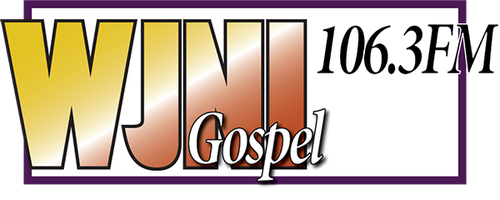China increasing tariffs on US products to 84%
(The Hill) — China was quick to respond to President Donald Trump’s latest tariffs, which began early Wednesday, raising its import tax rate on the U.S. to 84 percent.
The move comes after Trump’s threat to impose an additional 50 percent tariff on Beijing went into effect overnight, The Associated Press reported. The added tariffs brought the total duties on Chinese goods up to 104 percent, following last week’s announcement of a 34 percent reciprocal tariff on top of an existing 20 percent import tax.
It also follows the Chinese government’s vow from earlier this week to “fight back” against the Trump administration’s trade war.
“The U.S. threat to escalate tariffs on China is a mistake on top of a mistake and once again exposes the blackmailing nature of the U.S. China will never accept this,” China’s Ministry of Commerce said. “If the U.S. insists on its own way, China will fight to the end.”
Beijing’s 84 percent tariff on U.S. goods is set to take effect on Thursday.
The White House has insisted that Trump would not be backing down from implementing the more than 100 percent tariff on China, even as it shakes up global trade and sparks deeper tension between the countries.
White House press secretary Karoline Leavitt said Chinese leader Xi Jinping could reach out to Trump to strike a deal but called it a “mistake” for China to retaliate in the beginning. The president made a similar comment last week after China imposed a 34 percent reciprocal tariff on the U.S. following the administration’s “Liberation Day” announcement.
Last week, Trump unveiled a 10 percent baseline tariff for nearly all foreign trading partners, sparking concern over a looming trade war. During remarks from the White House, the president claimed the import taxes would help to boost the economy, bring jobs back to the U.S. and help to curb the flow of illegal drugs into the country.
Despite the argument, stock market dips and potential impacts on consumer prices have experts and lawmakers worried about a potential recession.


